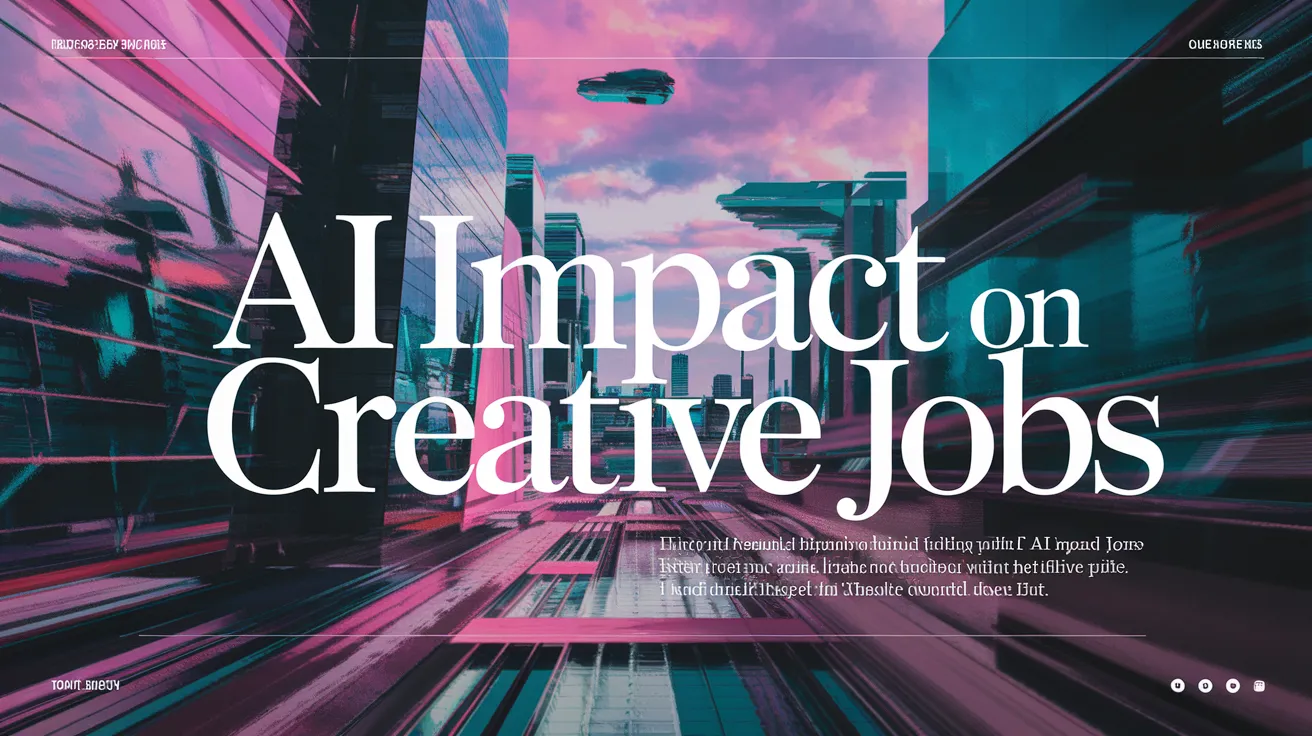AI Impact on Creative Jobs

In recent years, the term “artificial intelligence” has often been applied to advanced predictive text models that are beginning to disrupt job markets. Unlike the tedious roles some might expect to be automated, these AI tools are predominantly encroaching upon rewarding and enjoyable jobs like those of artists, authors, filmmakers, programmers, and composers.
In a noteworthy development, a research team is exploring the potential for AI to take on the role of astronauts. They participated in the Kerbal Space Program Differential Game Challenge, an initiative from MIT which allows developers to test various algorithms and AI capabilities in simulated spacecraft scenarios. Typically, such endeavors involve highly specialized models that require extensive refinement and testing. However, this particular group opted to leverage ChatGPT with minimal instructions, employing a custom translation layer to convert generated text into spacecraft controls.
As of now, it is crucial to point out that large language models haven’t yet taken over any real astronaut positions. The game challenge primarily focuses on uncrewed spacecraft, like orbital satellites, which often need to autonomously navigate to maintain orbits and avoid obstacles. Remarkably, this AI model performed well, securing second place in a recent competition, though many observers still champion human efforts in these scenarios.
The implications of these trends evoke mixed feelings — while AI has the potential to alleviate burdensome tasks, its intrusion into realms characterized by creativity and enjoyment remains a pressing concern. It raises important questions about the balance of automation and the preservation of rewarding career paths.